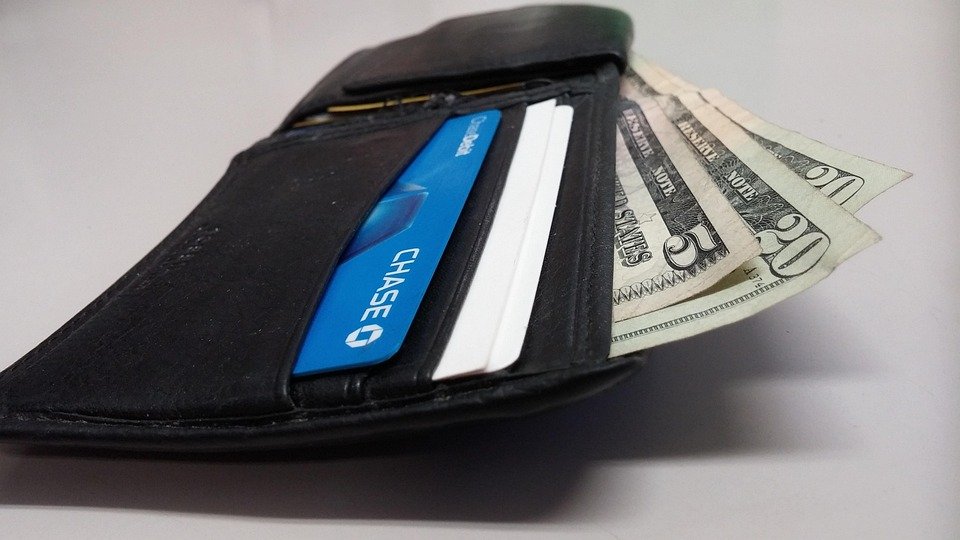Title: The Secret Sauce of 20-Somethings: How to Cultivate a Credit Score That Stands Out
As you step into your 20s, establishing a strong credit score can be a game-changer for your financial future. A solid credit score opens the doors to better interest rates, higher credit limits, and more financial opportunities. Here’s how to cultivate a remarkable credit score in your 20s.
1. Start Early: The earlier you start building credit, the better. Open a student credit card or a joint account with a parent to begin establishing credit history. Each year of good financial habits enhances your score.
2. Pay On Time: Payment history counts for 35% of your credit score. Always pay your bills on time, whether it’s your credit card, student loans, or utilities.
3. Manage Your Debt: Use no more than 30% of your available credit limit. Keeping your credit utilization low shows creditors that you’re responsible, which is a significant component of your credit score (30%).
4. Diversify Your Credit: Having a mix of credit accounts like personal loans, credit cards, and mortgages adds to your credit score (10%). However, only take on debt that you need and can afford to pay back.
5. Length of Credit History: Age counts. The longer your credit history, the better (15%). It isn’t something you can control, but it’s not a reason to let others build credit for you.
6. Avoid Too Many Inquiries: When you open new lines of credit, it’s recorded as a hard inquiry, which negatively impacts your score. Be strategic when applying for credit and only open new accounts when it makes sense for you.
7. Check Your Credit Report: Regularly review your credit report for accuracy. If you find errors, dispute them to avoid them affecting your score.
8. Be an Authorized User: If a trusted friend or family member has a strong credit history, ask if you can be added as an authorized user to benefit from that positive record.
9. Know That Small Loans Aren’t Off-Limits: Just because you don’t make a high salary doesn’t mean you can’t build credit. Small loans and timely payments still create a positive credit history.
10. Don’t Cancel Old Accounts: Even if you don’t use a credit card, the length of its history contributes to your credit score. The overall average age of accounts is part of the calculation.
11. Keep Your Balances Low: Pay off balances monthly rather than carrying debt and incurring interest. The amount owed is closely monitored by credit agencies when they calculate your credit score.
By following these strategies, you can create an excellent credit score by your mid-20s. This financial ‘secret sauce’ will set you apart when applying for a large loan, renting an apartment, or even certain job positions that check creditworthiness. Remember, each positive action on your credit report is another step closer to a standout credit score. Start today, and cultivate the credit score that ensures your financial success for years to come.

